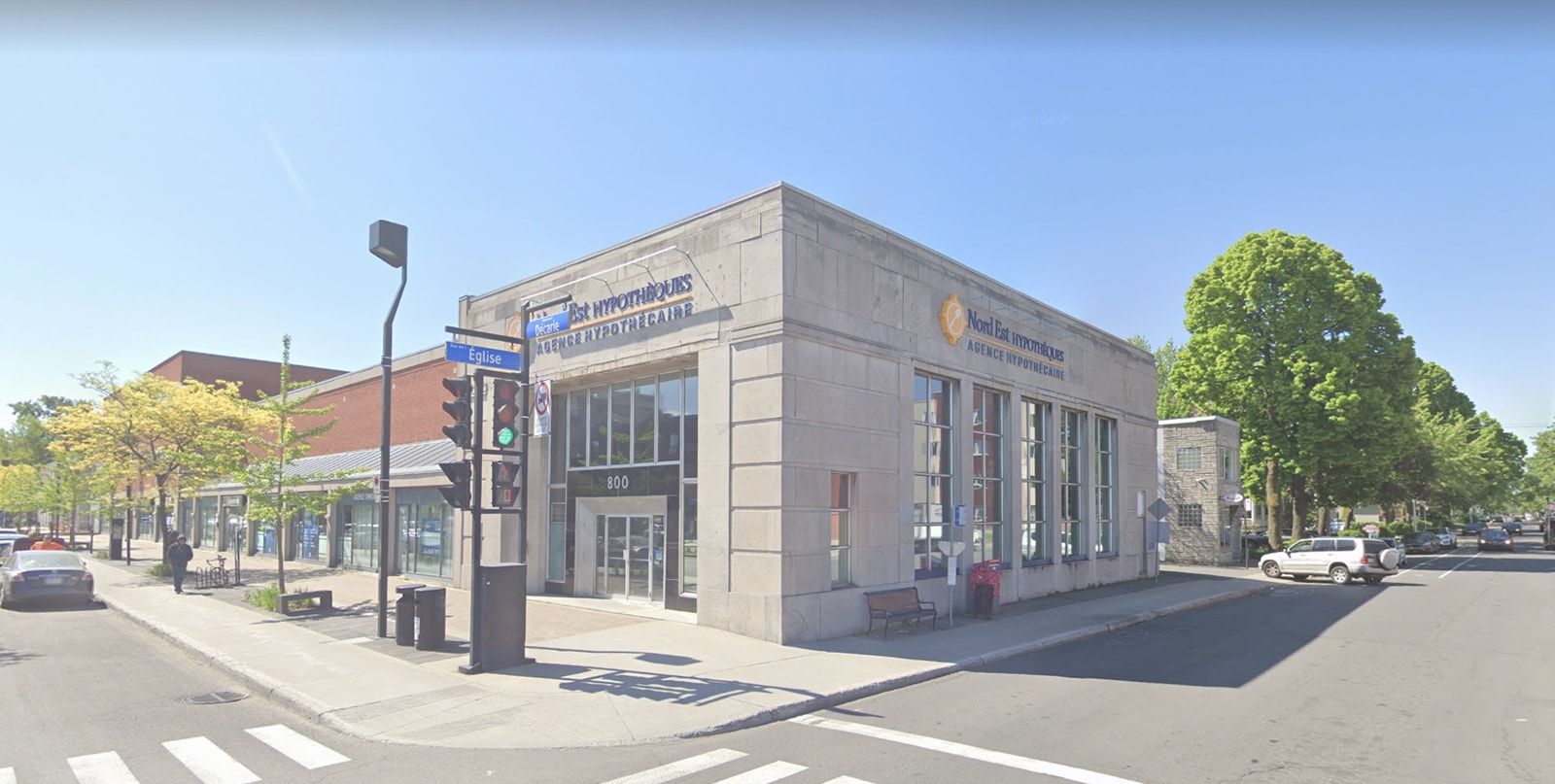Self-employment & mortgages in many cases are like oil and water the two hardly mix as the government has put in place strict rules about who can qualify for a mortgage and who can not. In Canada and in Quebec in particular self-employment is on the rise and as such business owners are finding it harder and harder to qualify for mortgages. As we dive deeper into this subject it is important to understand who is considered a self-employed person.
So let us start with the basics. Self-employed people generally find their own work rather than work for an employer. But what about the contract workers that work for large engineering firms that have one client and the employer pays a company that the “employee” sets up. Are these people considered self-employed? In the eyes of the bank, they are. The following is a list of various types of Self Employed people.
- Contract workers that are paid in a company
- Incorporated business owners even if they pay themselves a salary from the corporation
- Registered business owners
- Incorporated professionals
- and UBER drivers
Regardless of your profession if you are not receiving a paycheck from an employer you are considered self-employed. If you are making deductions off your gross revenues you are self-employed. The rules are very simple but very few people understand them as a self-employed person the bank will give you a mortgage provided that you meet the following criteria. Based on this you now have two categories of self-employed persons as I see it. The ones that declare revenues to the government and pay taxes and the ones that try and squeeze every possible dollar to avoid paying even a penny of taxes. In recent years the Government of Canada has taken measures to prevent Canadians who do not declare revenues to be able to purchase or refinance a home.
As we approach tax time this year it is important as Canadians for us to take a much more fiscally responsible approach to when we file our taxes. STOP listening to your accountant who wants to write off every last dollar that you earn and get you bellow the poverty line so you do not get taxed. Instead look at alternatives. Declare your revenues and offset income by purchasing RRSPs or creating other tax strategies. If you ever want to own a house in Canada you need to realize that you have to pay the piper. A good idea if your plans in the near future involve homeownership or a purchasing of a new house pick up the phone and call someone whose job is to get mortgages and let them tell you how much you need to declare to the tax man. We provide this service for free to our clients and we work with many accountants and business owners to create a team that is able to advise the business owner properly. This service is free of charge and we do as our way to give back to the community that has supported us for so many years.
The government crackdown on Mortgages and real estate in general in Canada, as well as that of the crackdown on undeclared revenues, is making it harder and harder for Canadians. CMHC has abolished the self-employed programs that they used to have as this is a government-backed insurer. They do not want to seem like they are endorsing people not paying taxes. As such now we are down to one insure who has what is called an ALT-A program.
This program is designed for self-employed borrowers who are unable to provide traditional income verification but have a proven 2-year history of managing their credit and finances responsibly. Eligible borrowers typically own a small size business for a minimum of two years, which can be confirmed via a third-party arm’s length document. In addition, the borrower is required to declare their annual income and annual business revenue, which should be reasonable based on the industry, length of operation and type of business.
Acceptable Loan Purpose & Applicable Loan-To-Value Limits:
- Purchase transactions: 90% LTV 1 & 2 units
Loan Security:
- First and second mortgages
Eligible Properties:
- Maximum 2 units where 1 unit must be owner-occupied
- New construction covered by a lender approved New Home Warranty Program
- Existing resale properties
- Readily marketable residential dwellings, located in markets with demonstrated ongoing re-sale demand
- Estimated remaining economic life of the property should be a minimum of 25 years
Maximum Property Value:
- Property value must be less than $1,000,000
Maximum Loan Amounts:
- Metro Toronto, Metro Calgary & Metro Vancouver: $750,000
- Rest of Canada: $600,000
- Exceptions will be considered on a case-by-case basis
Qualifying Terms And Interest Rates:
- Fixed, standard variable, capped variable and adjustable rate mortgages are permitted
- Maximum interest rate term of 25 years
- The qualifying interest rate is the greater of the contract rate or 5-year benchmark rate
Amortization Options:
- Up to 25 years
Premium Rates:
The premium payable will be the lesser of the premium as a % of the total new loan amount or the premium as a % of the top-up portion on the additional loan amount (if existing insured) based on the rates below:
| LTV Ratio | Premium Rate | Top-Up Premium |
| Up to 65% | 1.50% | 3.00% |
| 65.01% – 75% | 2.60% | 6.50% |
| 75.01% – 80% | 3.30% | 7.00% |
| 80.01% – 85% | 3.75% | 7.50% |
| 85.01% – 90% | 5.85% | 9.00% |
Note: The insurance premium is non-refundable, paid at the time of closing and may be added onto the mortgage
Borrower Qualification:
Income & Employment
- Minimum of two (2) years business-for-self tenure
- The self-employed borrowers stated income should be reasonable based on the length of operation, type and size of the business, and should be able to service the required mortgage as per the GDS/TDS guidelines
- Reasonableness of the stated income should also be reflective of the personal financial profile of the borrower
- Lender to provide the line 150 from the borrower(s) most recent years’ Notice of Assessment (NOA)
Credit
- > 80% LTV Minimum credit bureau score of 650 is recommended
- ≤ 80% LTV: At least one applicant should have a minimum recommended credit bureau score of 680
- Minimum 2 trade lines with at least two (2) years history
- No mortgage, installment or revolving credit delinquencies appearing on the credit bureau in the past 12 months
- No reported defaults on residential mortgages for the past 7 years
- No previous bankruptcy
Down Payment
- ≤ 90% LTV Minimum 5% of the down payment from the borrowers own savings. The remainder may be gifted from an immediate family member.
- Qualified home buyers may use traditional down payment sources including personal savings, non-repayable gift from immediate family member(s), proceeds from sale of property.
Additional Criteria
- Borrowers with commission income are ineligible
- Lender to ensure borrower(s) have no tax arrears
- All applicants used to qualify must occupy the property (If two unit property, one unit must be owner occupied)
- Spousal guarantors acceptable
- Borrowers are permitted one (1) Genworth Canada insured Business for Self Program mortgage
This should give you an idea of the direction mortgages are going and provide you with a framework of what you need when it comes to tax time this year. For more details and how the program will affect you please do not hesitate to contact us. As well if you have not seen our real estate show on CJAD. Please take a moment to subscribe to our YouTube channel for weekly updates and news.
Terry Kilakos



